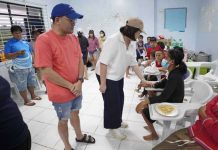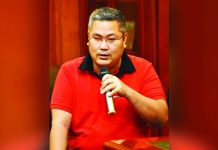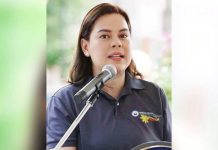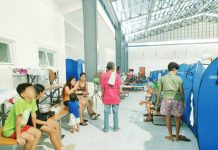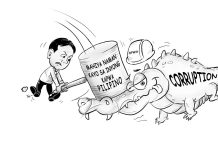
AS THE Department of Agriculture (DA) in Region 6 rolls out its wet cropping season program, there is renewed hope among Western Visayas farmers that this year’s harvest may finally recover from the losses inflicted by last year’s climate disruptions. Free certified and hybrid seeds are being distributed to more than 70% of the region’s farmers under the Masagana Rice Industry Development Program, with expectations of higher yields per hectare.
But success in agriculture cannot be measured by seed distribution alone. If the government wants this intervention to truly translate into increased productivity, it must treat technical support not as an add-on, but as a core pillar of its agricultural strategy.
Western Visayas has over 322,000 hectares of rice farmland, with around 255,000 hectares expected to be planted this season using hybrid or certified inbred seeds. The DA-6 projects yields of 4.5 metric tons per hectare in assisted areas and 4 in others. These are ambitious figures — and they hinge entirely on whether farmers are equipped not just with seeds, but with the knowledge and tools to manage them effectively.
The agency’s efforts to conduct orientations, seminars, and “techno clinics” twice a month are a step in the right direction. But field feedback suggests there are still gaps. For many small-scale farmers, especially those in upland or geographically isolated barangays, access to these learning sessions remains limited. In some areas, local government unit (LGU) extension officers are stretched thin and cannot provide individualized farm-level support.
We must remember: certified seeds are only as good as the conditions in which they are planted. Poor land preparation, improper water management, and outdated farming practices can easily negate the potential gains of using high-yielding varieties. That is why the Department of Agriculture must invest more in sustained capacity-building — not just before planting, but throughout the entire cropping cycle.
LGUs have an important role in this effort. Their coordination with the DA-6 should go beyond logistics. They must be held accountable for ensuring that farmer-beneficiaries understand how to handle the seeds, apply inputs correctly, and troubleshoot pest or disease outbreaks during the season.
Western Visayas is among the top three rice-producing regions in the country. But in an era of climate uncertainty, even fertile lands are no longer a guarantee of success. Knowledge, adaptability, and continuous technical support are now just as important as the seeds we put in the ground.
The government must embrace this truth: seed distribution may plant the future, but it is technical support that cultivates it.

